
A penetrating, deep, and intrepid exploration of Szasz’s oeuvre, and the indelible impact he has had on the practice of psychiatry, in this country and abroad.


A penetrating, deep, and intrepid exploration of Szasz’s oeuvre, and the indelible impact he has had on the practice of psychiatry, in this country and abroad.

This book focuses on Islamophobia’s multifaceted nature, its broad and specific clinical challenges, and its connections with the current political realities of a convulsed world.

The pleasures of a story unfolded serially are ancient and ubiquitous.

As interest in mental health technology grows, so do questions about its risks and benefits. more in this book review.
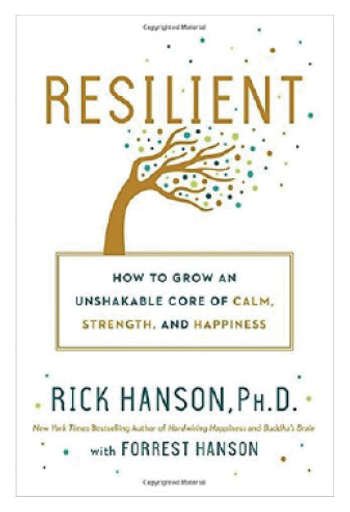
In his latest book, Resilient: How to Grow an Unshakable Core of Calm, Strength, and Happiness, Dr Hanson discusses the scientifically grounded foundation for lasting wellbeing.

Inquiring about a patient’s favorite movie sometimes proves unexpectedly revealing.

In medical publishing, the casebook format has become increasingly popular-and for good reason. A new casebook focuses on the overlap of neurology and psychiatry in child practice.
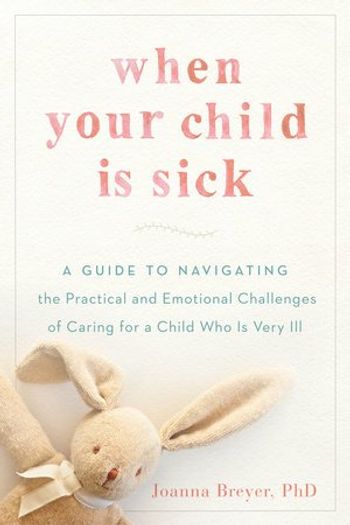
One is reminded as one reads this book of Emerson’s well-known quote, “Common sense is genius dressed in work clothes.”

The most scorching inditement of racism yet in film. Warning: spoilers.

A look at therapist Esther Perel’s podcast on couples therapy, Where Should We Begin?

Psyched! podcast hosts interview Carol A. Bernstein, MD, who makes the case for psychiatrists using their voice to help psychiatric patients and families.
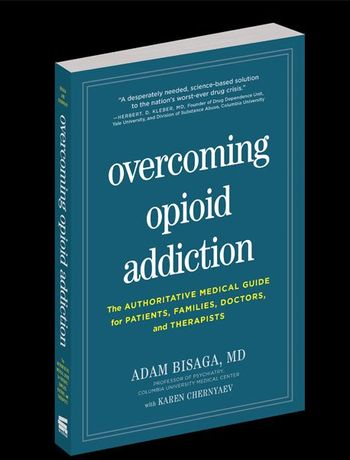
Since so much has already been written about the opioid epidemic, it is reasonable to wonder whether we need another book about this phenomenon? Experts make the case for why we need more information-and urgently.

Gerda Saunders, an emerita professor who was diagnosed with vascular dementia at age 60, explores the meaning of progressive cognitive impairment in relationships and life.

The typical trials of an teen working to understand sex and intimacy is compromised by an inappropriate power dynamic in this film, according to the authors.

In this novel, we join New York consultation-liaison psychiatrist Dr Millard Salter for what he intends to be his final day on earth.

In this podcast, author Mark Lukach shares his experiences as the loved one of someone with new onset symptoms of mania, depression, suicidality, and psychosis.

The release of the book described here comes amid a rising understanding that although we are 60 years into the antipsychotic era, these medications only partly help people with schizophrenia.

The game looks disarmingly simple. In fact, it’s alarmingly complex.

The sequel probes the big questions without flinging them in the viewer’s face. How does memory articulate with one’s sense of origin and purpose-and, above all, of death?

A review of the video game Hellblade: Senua’s Sacrifice and implications for psychiatry.
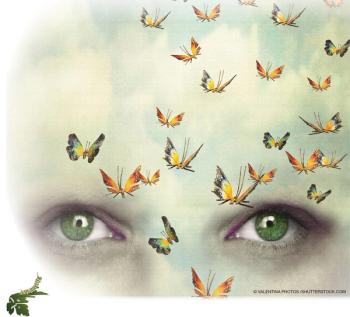
While ostensibly The Butterfly Effect tells the story behind the wide availability of free internet pornography, the psychiatrist listener will quickly appreciate that this is only the beginning of the story.

The media has tremendous power in delivering messages to the public about mental illness. This year, the media got it wrong.

A selection of noteworthy books to add to your reading list. Can you think of others?

An inside account of what many of our service men and women endure in order to serve their country.
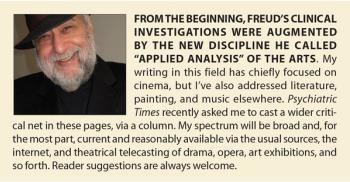
King is singularly adept at capturing the vicissitudes, mores, and speech of pre-teenagers (particularly boys) throughout his writing-most notably in one of his longest novels, IT.